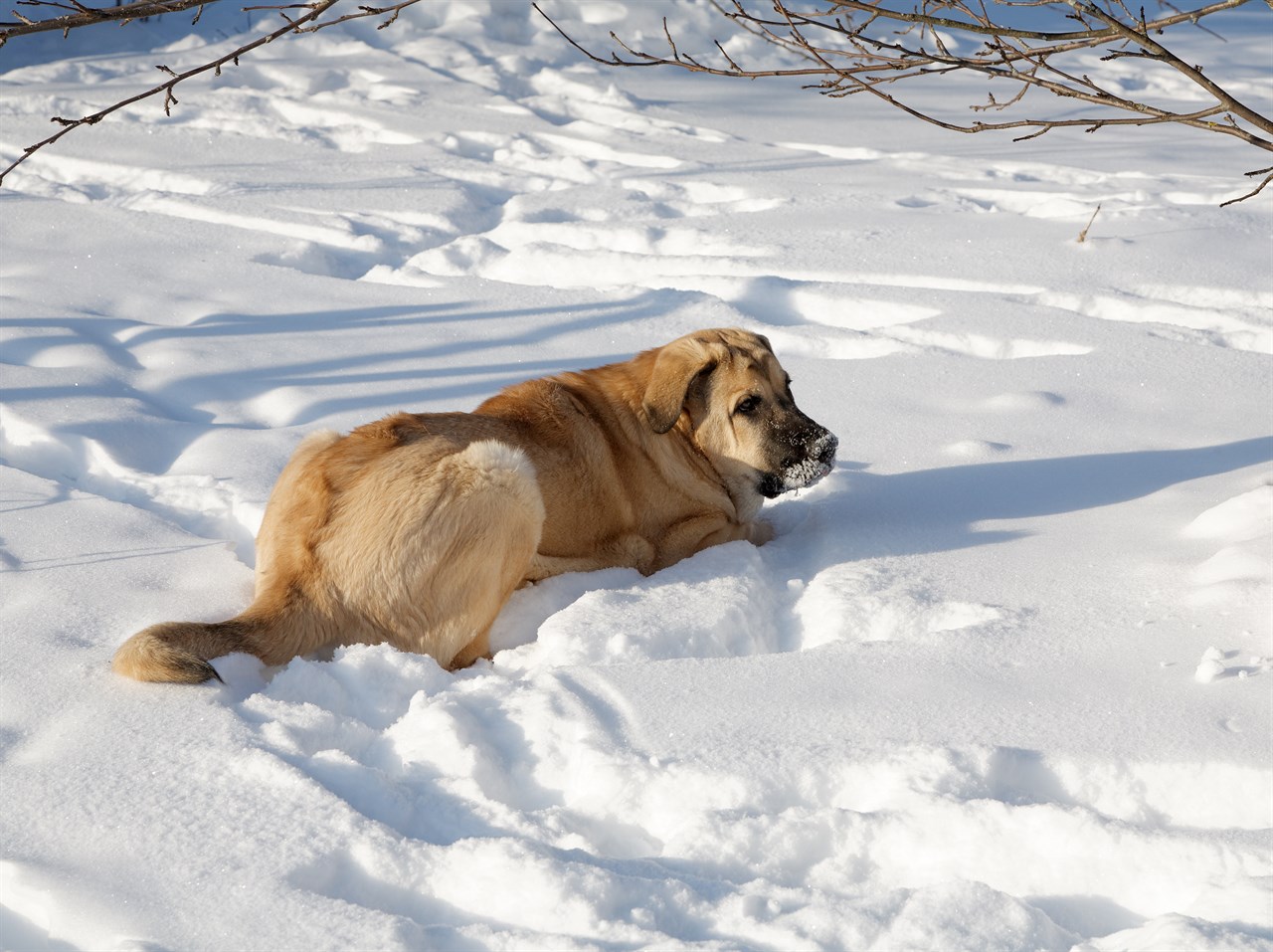Disadvantages of Spanish Mastiff Ownership

While the Spanish Mastiff is a wonderful breed with many positive qualities, there are also some disadvantages and challenges associated with owning one. It's essential to be aware of these factors before deciding to bring a Spanish Mastiff into your home.
Size and Space Requirements
Spanish Mastiffs are massive dogs, and their size alone can be a challenge. They need ample space to move around comfortably, making them less suitable for small apartments or homes with limited outdoor areas.
Grooming Needs
Spanish Mastiffs have a dense double coat that sheds moderately year-round and heavily during shedding seasons. Regular grooming is required to keep their coat healthy and reduce shedding. If you're not prepared for the grooming commitment, this breed may not be the best choice for you.
Drooling
Many Spanish Mastiffs are prone to drooling, which can be messy. If you're particular about a clean home and dislike drool, this may be a drawback.
Exercise and Socialisation
While not overly active, Spanish Mastiffs still require daily exercise and mental stimulation. Failure to provide these can lead to obesity and behavioural issues. Additionally, they need early socialisation to ensure they are well-adjusted and confident dogs.
Separation Anxiety
Some Spanish Mastiffs are prone to separation anxiety, which can result in destructive behaviour when left alone for extended periods. This breed thrives on human companionship and may not do well in homes where the owner is frequently away.
Protective Nature
While their protective nature can be an advantage, it can also pose challenges. Spanish Mastiffs are naturally watchful and may react defensively if they perceive a threat. This can lead to issues when introducing new people or animals to the household.
Training and Socialisation
Spanish Mastiffs are independent thinkers, and their strong-willed nature can make training a challenge for novice owners. Consistent and patient training is essential to ensure they become well-mannered adults.
Health Concerns
Like many large breeds, Spanish Mastiffs are susceptible to certain health issues, including hip and elbow dysplasia, bloat, and heart problems. Owners should be prepared for potential veterinary expenses.
Are mastiffs difficult?
Spanish Mastiffs can be perceived as difficult due to their size, grooming needs, protective instincts, and training requirements. While they are generally good-natured, their independent nature and tendency to be strong-willed may pose challenges for novice owners. However, with the right training, socialisation, and care, they can become well-behaved and loyal companions. The key to successful ownership of a Spanish Mastiff is understanding their unique needs and characteristics and being prepared to meet them with patience and dedication.
Spanish Mastiff puppies for sale
- Find Spanish Mastiff puppies for sale in ACT
- Find Spanish Mastiff puppies for sale in NSW
- Find Spanish Mastiff puppies for sale in NT
- Find Spanish Mastiff puppies for sale in QLD
- Find Spanish Mastiff puppies for sale in SA
- Find Spanish Mastiff puppies for sale in TAS
- Find Spanish Mastiff puppies for sale in VIC
- Find Spanish Mastiff puppies for sale in WA